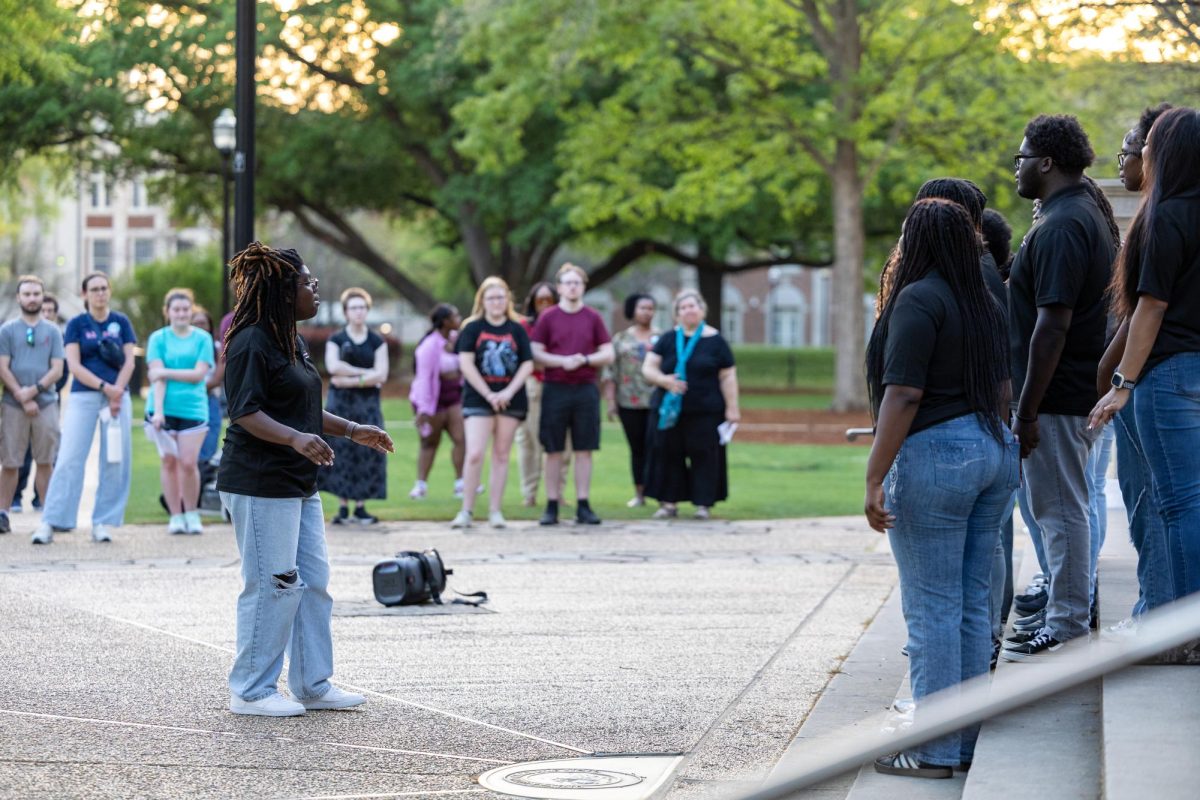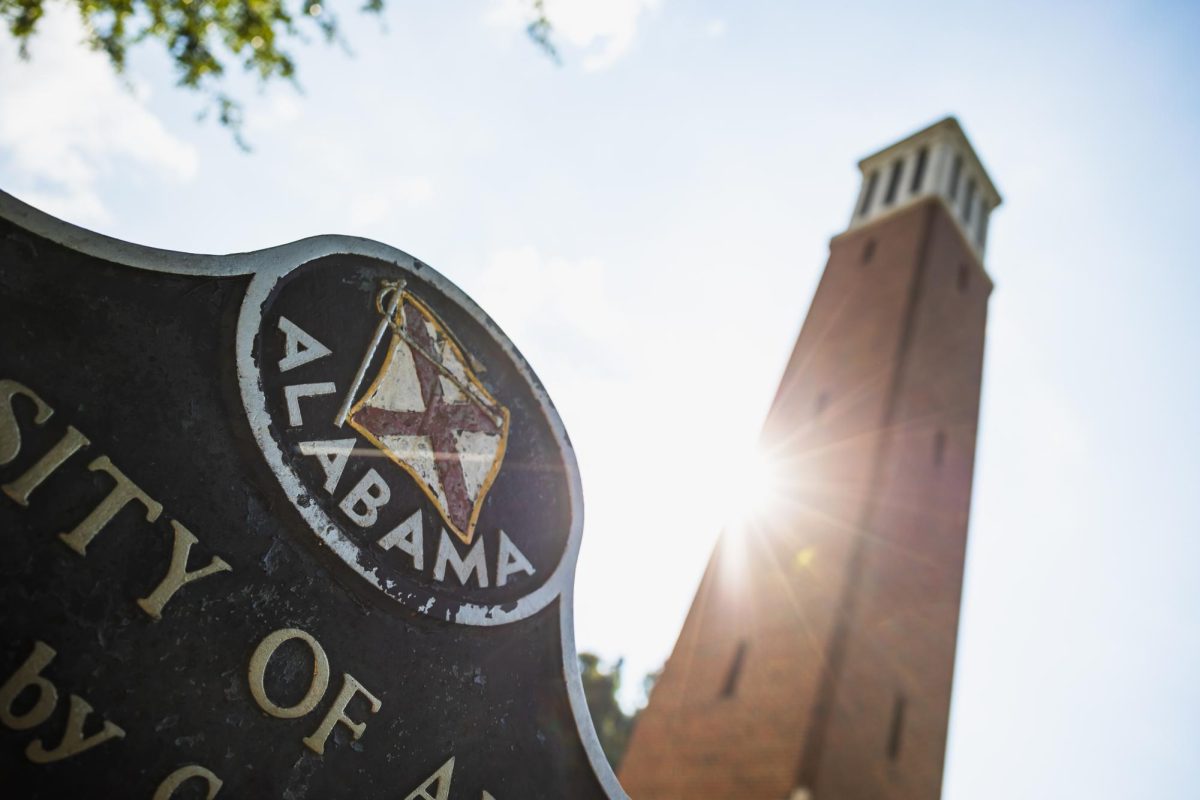How do you make value out of Post-it Notes?
That’s the question more than 1,000 first-year engineering students asked themselves the first week of the University’s new class, said Engineering the Future, Rick Stogner, instructor of the class.
Stogner said the idea of the project is to get students to think out of their normal thought processes.
“When we first told them what the project was, in all eight classes, they just sat there like they had seen a nuclear bomb go off,” Stogner said. “They were in stunned silence.”
Derek Kidd, a freshman majoring in computer science, said the new class allowed students to explore the creative side of engineering.
“We were pretty much lost when we first given the assignment,” Kidd said.
Value could mean money, increased social awareness, art, music, fun or education, anything where you imagine a better world and decide what steps you need to take to get there, Stogner said.
The reason for the project, which was first done by Stanford University in 2007, was that most professions are being commoditized.
“We’re competing with China and India and places that are producing a large number of engineers,” Stogner said.
Commodity, Stogner said, means the job markets are competing on price, which is very bad for American engineers.
Engineering is not the only profession becoming a commodity, Stogner said.
Radiologists in India are reading x-rays and lawyers in India are doing document reviews for Americans, he said.
The only way to compete with other job markets is to lower prices, which is not good for salaries, he said.
Stogner said he believes engineers can fight the commoditization of their profession by being creative and innovative.
Stogner said he sees engineering education going in a more entrepreneurial direction.
“Instead of the traditional go to work for a big company route,” he said, “maybe they’ll be creative and have an idea and start their own company.”
America’s advantage, Stogner said, is that our country embraces this idea because we tend to be creative, innovative and willing to take risks when other countries are not.
“It’s really kind of a new phenomenon to ask engineering students to develop their creativity,” he said.
Kidd and his group made a video where students were given a blank Post-it Note and told them to write down what was most valuable to them.
Answers ranged from friends and family to music and sex.
Kidd said at first the group thought about how to make value out of the Post-it’s themselves and then realized what was written on the Post-it Notes was what was valuable.
“We realized that if we could give people a lesson, then why not give them a lesson about what is valuable to others,” Kidd said.
David Phelps, a freshman majoring in engineering, said the project was finally something that allowed him to be productive in an introduction class.
Other classes, Phelps said, just let you know there are things out there to do, but you never actually get to do them and this class gave students the chance to create.
Phelps’s group took Post-it Notes and wrote notes to potential students, those notes will be mailed out with other recruitment letters.
The group’s idea, Phelps said, was to create a well from the Post-it Notes that could be used in developing countries.
“We realized we didn’t quite have the time for that,” he said. “And water and paper don’t really work well [together].”
Phelps said he would absolutely suggest the class for other engineering students to take.
“As the class went on,” he said, “we came to realize how creative engineers have to be and how the key, especially for our generation, is not math and science. It’s more innovation and trying to make things and put a whole new spin on them to make them more productive and more widely available throughout society.”








